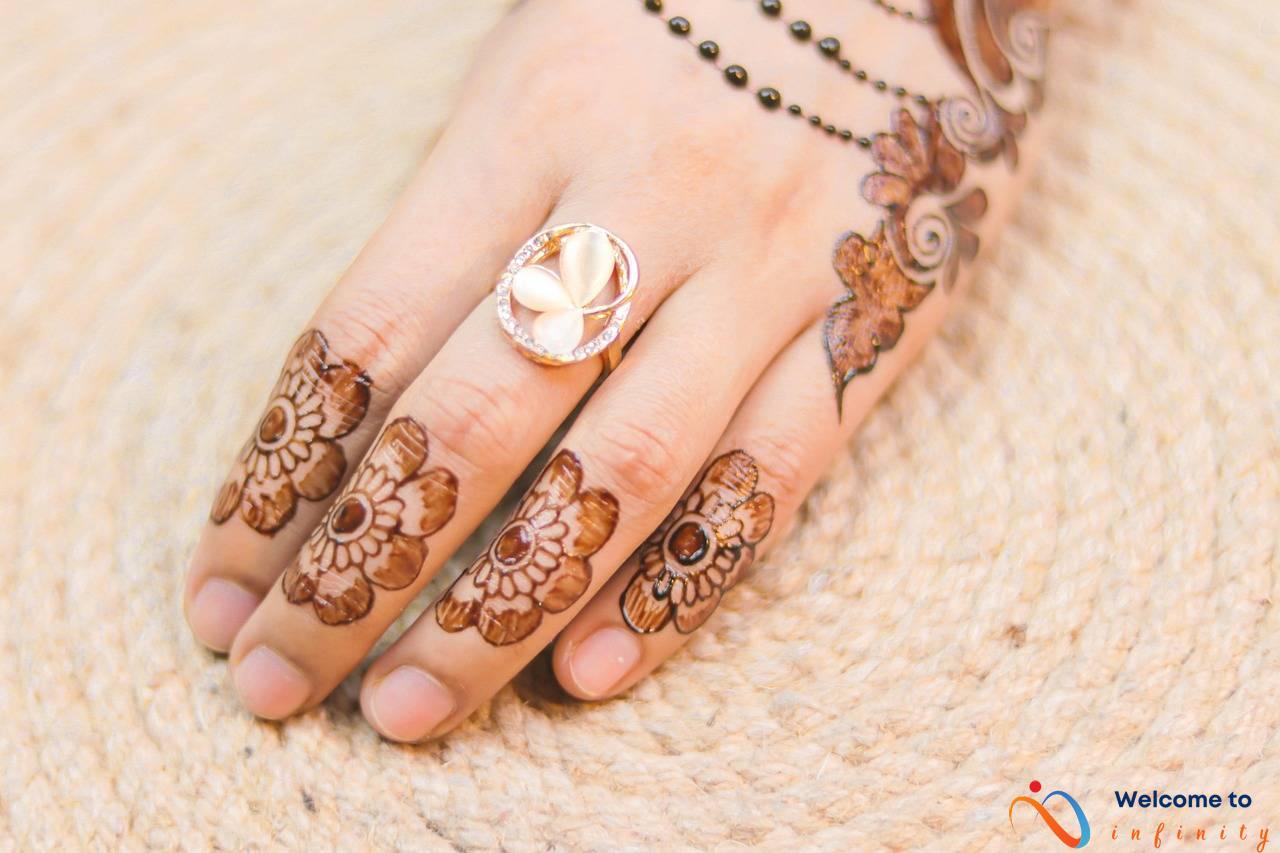Are you planning a destination wedding? Congratulations! It's sure to be a beautiful and unforgettable experience. However, before you start packing your bags, there are some destination wedding etiquettes you need to consider.
First things first, choosing the right destination is crucial. You want to make sure it's accessible for your guests and that it fits your vision for the wedding. Be sure to research the weather conditions and local customs as well. You don't want to end up having your beach wedding during hurricane season or unintentionally offend the locals with your attire.
Communication with your guests is also key. Be transparent about your expectations and what you're willing to cover financially. Offer suggestions for lodging and travel arrangements. Make sure to keep guests informed about any specific customs or dress codes related to your chosen destination. If you're planning overseas, ensure that guests have all the necessary travel documents and information. Consider hiring a translator or providing bilingual materials to assist guests who don't speak the language.
Finances and budgeting are also important aspects to consider when planning a destination wedding. Be transparent about your budget and don't obligate guests to attend if it's not feasible for them financially. Keep in mind the logistics of planning a wedding far from home, including transportation and vendor selection.
On the big day, plan special events and gestures to thank guests for traveling and taking part in your special day. Respect and appreciate the local culture and customs of your destination, and incorporate meaningful elements into your wedding celebrations. By following these etiquette guidelines, your destination wedding is sure to be a success!
Choosing the Right Destination
Choosing the right destination for your wedding is a crucial decision. You want a location that reflects your personalities and makes for a memorable experience for you and your guests. That's why it's important to pick a place that's accessible for your guests. Consider the travel time and expenses for everyone on your guest list. Also, think about the weather and what time of year you want to get married. Avoid peak tourist seasons if you're looking to save some money, and research local customs and traditions to avoid any cultural mishaps.
If you're having a destination wedding, you should also consider hiring a wedding planner who is familiar with the location and can help you navigate the local vendors and customs. A local wedding planner will have relationships with the best vendors, know the ins and outs of the area, and help ensure your wedding day runs smoothly.
It's also essential to communicate your expectations and preferences to your guests. Provide a travel guide with suggestions for lodging and transportation. Consider negotiating group rates for accommodations to make travel more affordable for everyone. Additionally, make sure to inform guests about any specific dress codes or customs that may be unique to your chosen destination
- Check for the availability of the location and consider the peak tourist season before finalizing the date for the wedding.
- Consider the travelling time and budget of the guests.
- Hire a local wedding planner to help you with the arrangements.
Choosing the right destination is just the beginning of your journey, but it sets the tone for your entire wedding experience. Take the time to research and plan carefully, and you'll create a memorable event that everyone will remember for years to come.
Communicating with Guests
Clear communication is key when it comes to planning a destination wedding with your guests. Without proper communication, confusion and misunderstandings can arise that can detract from your special day. One of the most important aspects of communicating with guests is being clear about your expectations and what you're willing to cover financially.
If you're covering certain expenses, such as accommodations or transportation, make sure to let your guests know, so they can plan accordingly. However, if certain expenses are the responsibility of the guests, be sure to communicate that as well. This will help prevent any awkward conversations or misunderstandings down the road.
Another important aspect of communicating with guests is offering suggestions for lodging and travel. This can be especially helpful for guests who may not be familiar with the destination or local area. Consider creating a list of recommended hotels or providing information on nearby attractions or activities that they can enjoy while in town for your wedding.
If you have guests coming from out of town or overseas, it's important to consider their travel arrangements. You may want to provide them with information on local airports or arrange for transportation from the airport to the wedding venue or hotel.
Finally, be sure to stay in touch with your guests throughout the planning process. You can use email or a private Facebook group to keep everyone in the loop on any updates or changes related to the wedding. This will help ensure that everyone is on the same page and minimize any confusion or stress leading up to the big day.
Destination-Specific Details
When planning a destination wedding, it's crucial to take into consideration the customs and dress codes of the location. Research in advance to ensure your guests are aware of any specific requirements or traditions they need to follow. For example, if you're having a beach wedding, inform guests that it's appropriate to wear light and comfortable clothing, and bring sunscreen and sunglasses.
If your destination wedding is in a foreign country, research local customs and traditions to avoid any unintentional cultural faux-pas. For instance, if you're getting married in Japan, it's customary to remove your shoes before entering a home or temple. Providing your guests with a list of dos and don'ts related to local customs will help them to respect and appreciate the culture of your chosen destination.
If your destination wedding is taking place in a religious site, make sure that guests are aware of the required dress code. Inform guests if they need to cover their heads, arms, or legs, and provide suggestions for appropriate clothing. If your wedding is taking place in a cold climate, consider providing blankets or jackets for guests to keep warm during the ceremony.
Consider creating a detailed itinerary of the wedding events and the dress codes for each. You can also use a website or email to communicate any specific details about the destination. Mapping out all the important details and sharing them beforehand will prevent any confusion or misunderstandings. Ensure your guests understand the expectations of the dress code and customs, so they feel comfortable and well-informed throughout the wedding celebrations.
International Travel Considerations
If you're considering a destination wedding overseas, make sure to think about your guests' travel needs and requirements. It's essential to communicate with your guests about the necessary travel documents and information they need before traveling abroad. Providing thorough details and guidance will help ensure that your guests have a seamless and stress-free travel experience.
You should send guests information regarding passport and visa requirements for your chosen destination, including any necessary vaccinations, travel insurance, and health and safety information. You may also want to provide a list of recommended airlines and travel agents who have experience arranging travel to your destination.
Remember that travel requirements can vary depending on the country you're visiting, so it's crucial to do your research and provide the necessary information to your guests. You may also want to consider creating a comprehensive travel itinerary that includes all the necessary flights, transfers, and accommodations to make things as easy as possible for your guests.
Language Barriers
If you're planning a destination wedding, it's important to consider language barriers that may arise. Not all of your guests may speak the local language. To ensure that everyone feels included and can fully enjoy your big day, consider hiring a translator who can help bridge the communication gap.
You could also provide bilingual materials for those who don't speak the language. This could include printed materials such as invitations, menus, and programs, as well as digital materials like a wedding website or social media page. This will ensure that everyone can understand the details of your big day.
Another option is to use technology to assist with translation. There are several translation apps available that can help guests navigate language barriers and communicate effectively. You could also consider hiring a simultaneous interpreter who can provide real-time translation for your guests.
By addressing language barriers and providing solutions, you can ensure that all of your guests feel included and can enjoy your wedding day to the fullest. This small gesture of consideration will go a long way in making your destination wedding an unforgettable experience for everyone involved.
Finances and Budgeting
Planning a destination wedding can be a costly affair, and it's important to be transparent about your budget with your guests. While it may be tempting to try and make your dream wedding a reality, remember that not all of your guests may be able to afford the expense of attending a destination wedding.
One of the most important things you can do is to communicate your expectations early on in the planning process. Let your guests know what you're willing to cover financially and what they can expect to pay for themselves. This can include things like travel, lodging, and wedding-related expenses.
Consider creating a budget spreadsheet that outlines all the costs associated with your wedding, from your airfare and accommodations to your florist and photographer.
It's important to remember that not all of your guests may be able to afford to attend your wedding, especially if it's taking place overseas or is particularly expensive. Avoid obligating your guests to attend by being gracious and understanding if they are unable to make the trip.
If you're worried about the cost of your wedding, consider cutting back on some expenses to make it more affordable for your guests. You could also consider having a smaller, more intimate wedding that is within your budget.
Ultimately, your guests will appreciate your openness and honesty when it comes to finances and budgeting, and it will make for a more enjoyable wedding experience for everyone involved.
Planning Your Wedding Day
When it comes to planning your destination wedding day, logistics are key. Keep in mind that you are planning a wedding far away from home, and that means transportation, vendor selection, and other important aspects need to be taken into account.
Firstly, think about the transportation arrangements for you and your guests. Will you need to arrange transport from the airport to your hotel or wedding venue? Will guests need to provide their own transportation? You will also need to think about transportation for your wedding party to the ceremony and reception venues.
Vendor selection is another crucial aspect of wedding planning. You may need to rely on local vendors for your wedding decor, flowers, or catering. Do your research to find reputable vendors with good reviews. It's also a good idea to schedule a tasting with your caterer and schedule a meeting with any vendors you'll be working with to ensure you're on the same page.
Finally, make sure you communicate all the logistical details to your guests. Create a wedding website with all the information they'll need, including transportation options, recommended vendors, and any other important details. You may also want to consider creating an itinerary for the weekend's events to help your guests plan their stay.
Remember, planning a destination wedding takes time and effort, but it's all worth it in the end. With proper planning and communication, you can have the wedding of your dreams far away from home.
Acknowledging Guests
When planning a destination wedding, it's important to remember that your guests are traveling long distances to be a part of your special day. It's important to acknowledge their efforts and show your appreciation. One way to do this is by planning special events and activities in the lead-up to the wedding day.
You could plan a welcome dinner or drinks, allowing everyone to get to know each other and feel more comfortable in the new surroundings. You could also plan group outings to local attractions or activities, allowing guests to explore the destination together.
Small gestures can also make a big impact. Consider leaving welcome notes or gift bags in their hotel rooms. This could include helpful information about the destination, local treats and snacks, or personalized gifts to show your appreciation.
On the day of the wedding, consider personalizing each guest's experience. You could include a thoughtful note or gift with their place setting, thanking them for coming. You could also make an effort to spend time with each guest during the reception, showing them how much their presence means to you.
Remember, your guests are taking time off work and paying for flights and accommodations to be a part of your special day. By acknowledging their efforts and planning special events and gestures, you can show your appreciation and make them feel welcome and valued.
Local Culture and Customs
One of the most rewarding aspects of a destination wedding is the opportunity to infuse your celebration with unique elements from your chosen location. Whether you opt for incorporating traditional cuisine or cultural symbolism into your ceremony, embracing the local customs of your destination can add depth and beauty to your special day.
Before making any decisions, do your research and consult with locals or experts in your destination to ensure that any cultural elements are presented tastefully and respectfully. Keep in mind that some customs may hold deep spiritual or historical significance, and it's important to honor and appreciate these traditions rather than simply using them for decorative effect.
To truly honor the local culture and customs of your destination, consider involving the community in your celebration by hiring local vendors or musicians, or by opting for a traditional ceremony or ritual. By incorporating elements that hold special meaning to the local community, you can create a truly meaningful and memorable wedding experience.
Finally, remember that while it's important to embrace and appreciate local customs, it's also important to make sure that you are comfortable with the level of involvement. Don't feel pressured to participate in anything that goes against your beliefs or makes you feel uncomfortable, and always communicate clearly with your partner, wedding planner, and any vendors or participants about your preferences.












